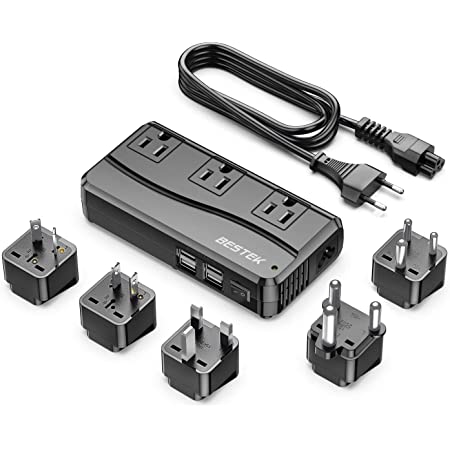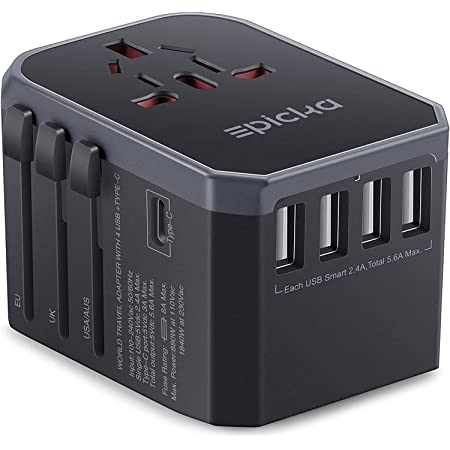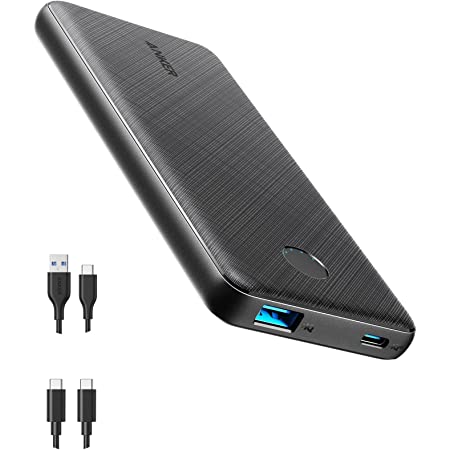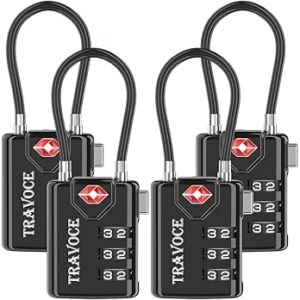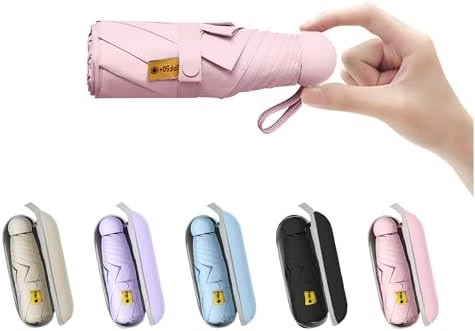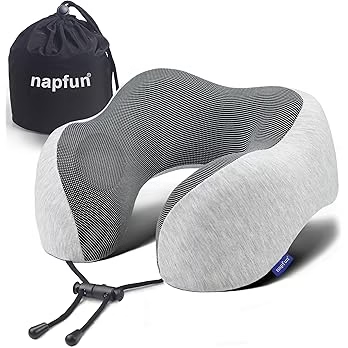Plug For Faroe Islands: What You Need To Know
What is the plug for Faroe Islands? Before you travel, check the information below to make sure your electronic devices are compatible with the outlet type and voltage.
Electrical Summary
Faroe Islands uses outlet types C, E, F, K at a voltage of 230V and a frequency of 50 Hz.
Plug Compatibility: Type C, Type E, Type F, Type K
Voltage: 230V
Frequency: 50 Hz
Type C

Type E
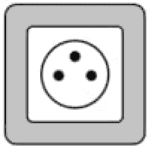
Type F

Type K

Can North Americans use Electronics in Faroe Islands without an Adapter?
No! North Americans will need an adapter for the outlets and a transformer for the voltage when traveling to Faroe Islands. North Americans device plugs will not work with the outlet types in Faroe Islands. Also, the voltage in Faroe Islands is different from North American voltages.
Can Europeans use Electronics in Faroe Islands without an adapter?
Yes! Most Europeans do not need a travel adapter or transformer when traveling to Faroe Islands. Most device plugs will work with the outlet types in Faroe Islands. Also, the voltage in Faroe Islands is the same as in Europe.
What Outlet does Faroe Islands Use?
Type C

Type E

Type C plug sockets have two round pins and no grounding pin. These plugs are typically used with devices that have a voltage of 230V.
Type E plug sockets have two round pins and a grounding pin. These plugs are typically used with devices that have a voltage of 230V.
Type F

Type K

Type F plug sockets have two round pins and a grounding pin. These plugs are typically used with devices that have a voltage of 230V.
Type K plug sockets have two round pins and a grounding pin. These plugs are typically used with devices that have a voltage of 230V.
Recommended Products:
Should I use a VPN when traveling?
YES! Using a VPN when traveling is highly recommended to protect your online privacy and security. Public Wi-Fi networks in hotels, airports, and cafés are often unsecured, making you vulnerable to hackers and data theft. A VPN encrypts your internet connection, safeguarding sensitive information like passwords and banking details. It also allows you to bypass geo-restrictions, granting access to streaming services and websites that may be blocked in certain countries. Additionally, a VPN helps prevent government surveillance and ISP tracking. For a seamless and secure browsing experience while traveling, choose a reliable VPN with fast speeds and strong encryption.
Faroe Islands Travel Essentials:
Is it safe to drink water in Faroe Islands?
To be on the safe side, you can use common precautions such as boiling tap water for at least one minute, using water purification tablets, or drinking bottled water. It’s also important to note that ice may be made from tap water and that foods may be washed or prepared with tap water.
We recommend always packing a filtered water bottle when traveling!
Travel Essentials
Be sure to check our list of travel essentials before your trip!
Should I get travel insurance when traveling to Faroe Islands?
It is generally recommended to get travel insurance when traveling to a different country. Travel insurance can provide financial protection and peace of mind in case of unexpected events, such as medical emergencies, trip cancellations, lost or stolen baggage, or other travel-related mishaps.
Travel insurance can cover various expenses related to your trip, such as medical expenses, emergency medical transportation, trip cancellation or interruption, lost or stolen baggage or personal belongings, and other travel-related expenses.
Before purchasing travel insurance, it’s important to carefully review the policy details, including the coverage limits, exclusions, and any applicable deductibles or copays. You should also make sure that the policy covers any activities or destinations that you plan to participate in or visit during your trip. Click here to price for Travel Insurance for Faroe Islands
Travel Summary
Visitors can explore the picturesque villages and ports scattered throughout the islands, each with its own distinct character and history. Outdoor enthusiasts will enjoy the abundance of hiking trails, bird watching, and fishing opportunities, as well as the chance to spot puffins, whales, and seals.
For those interested in Faroese culture, there are several museums and cultural centers that offer insight into the history, language, and traditions of the Faroe Islands. The capital city of Tórshavn is home to the Faroese Parliament and a vibrant arts and music scene.
The Faroe Islands are easily accessible by air from several European cities and by ferry from Denmark, with a journey time of around 2 hours. Due to the remote location and rugged terrain, it is recommended that visitors hire a car or join a guided tour to make the most of their time on the islands.
Traveling to another country? Check out our Countries page for more info on countries like Greenland, Iceland, Denmark, Isle of Man, Gibraltar, Norway, Finland
